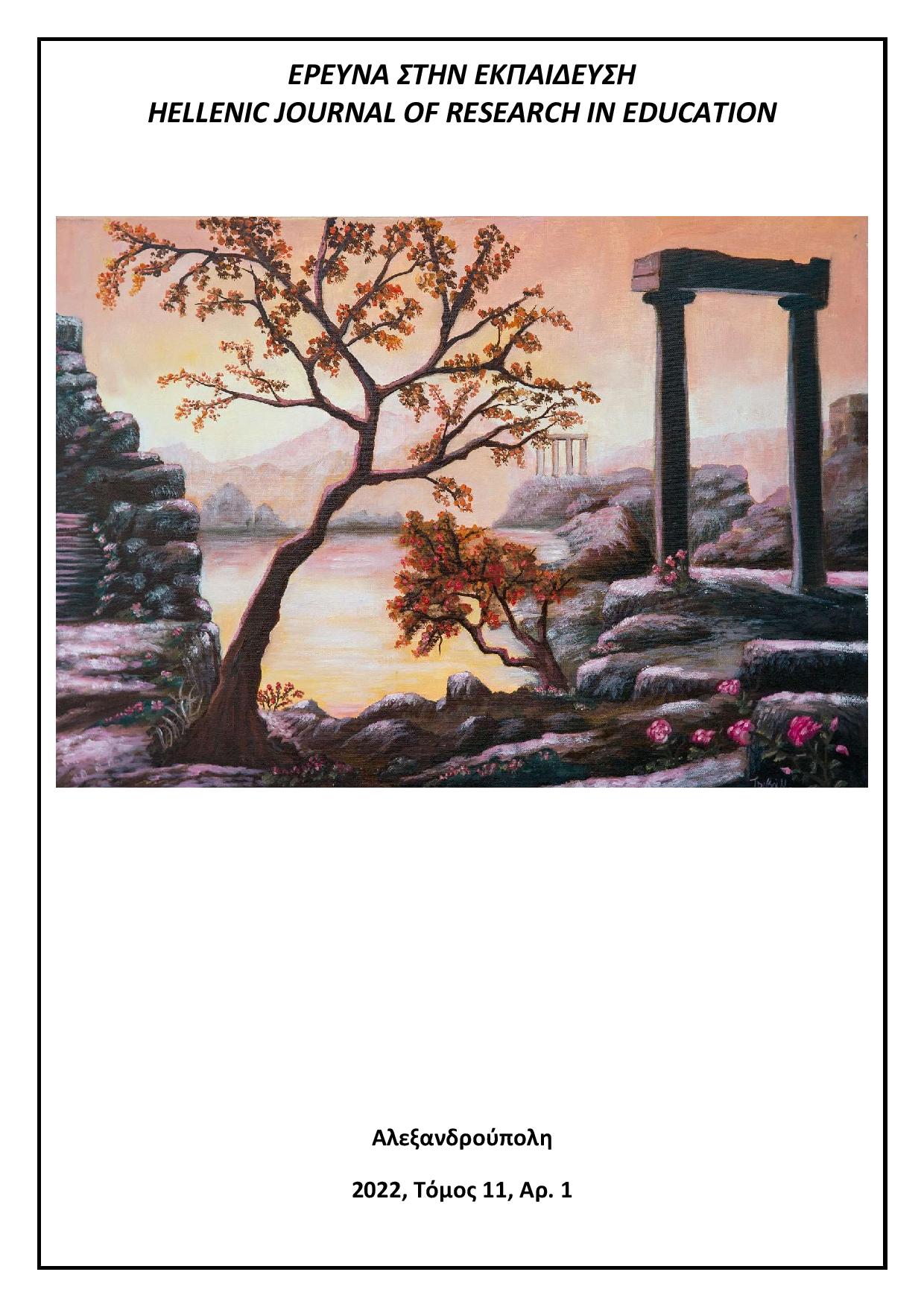Parents' perceptions for the contribution of play to the development of mathematical thinking in infants aged 11 months to 2 years-Case Study

Abstract
The present study is a part of a project that aims to investigate the effect of the formal and the non-formal teaching processes through play on the development of mathematical thinking in infants aged 11 months-2 years. The present paper focuses on a dimension of the issue which is considered particularly important at this age, the role and the parents’ conceptions about the development of mathematical thinking through a play-based process. Quantitative and qualitative data were collected by parents of a nursery school in Cyprus. Specifically, a questionnaire which was conducted for parents was used in order to collect quantitative data, while a smaller group of parents took part in an individual interview and handed over a diary with activities they organized with their children. Through the analysis of qualitative and quantitative data, basic conclusions were drawn about the parents’ conceptions regarding the role of play in general and in the mathematical education of their children in particular, about the role of nursery teachers and the activities they organize by themselves in the natural environment. Parents seemed to believe that play of any form and type (improvised or factory, free or organized, indoor play or outdoor play) is important tool for learning, but also for constructing various mathematical concepts by their children aged 11 months - 2 years. They expressed their need to share ideas with the nursery teachers in order to be confident about the value of the activities. Based on the results, we further discuss the role of the non-formal play organized by parents for the development of infants’ mathematical thinking.
Article Details
- How to Cite
-
Πέτρου Π., & Παναούρα Α. (2022). Parents’ perceptions for the contribution of play to the development of mathematical thinking in infants aged 11 months to 2 years-Case Study. Hellenic Journal of Research in Education, 11(1), 18–41. https://doi.org/10.12681/hjre.29119
- Issue
- Vol. 11 No. 1 (2022)
- Section
- Articles

This work is licensed under a Creative Commons Attribution-NonCommercial-ShareAlike 4.0 International License.
Authors who publish with this journal agree to the following terms:
- Authors retain copyright and grant the journal right of first publication with the work simultaneously licensed under a CC-BY-NC-SA that allows others to share the work with an acknowledgement of the work's authorship and initial publication in this journal.
- Authors are able to enter into separate, additional contractual arrangements for the non-exclusive distribution of the journal's published version of the work (e.g. post it to an institutional repository or publish it in a book), with an acknowledgement of its initial publication in this journal.
- Authors are permitted and encouraged to post their work online (preferably in institutional repositories or on their website) prior to and during the submission process, as it can lead to productive exchanges, as well as earlier and greater citation of published work (See The Effect of Open Access).


